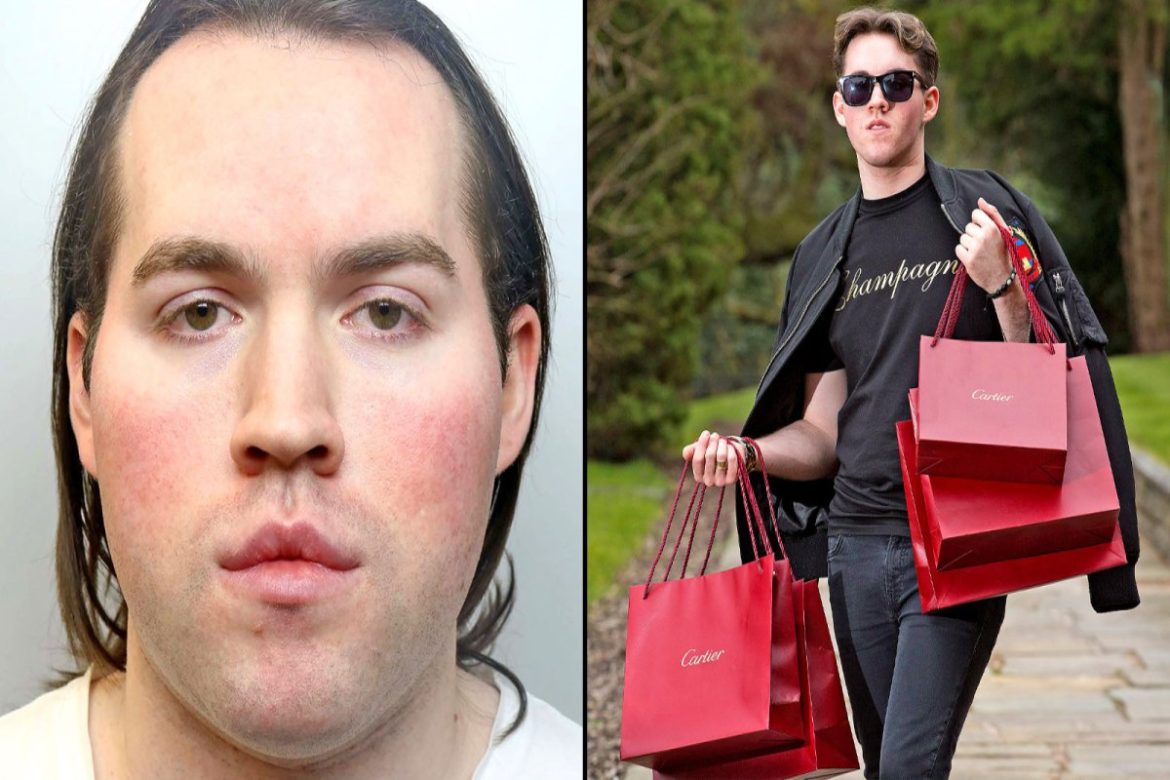A 26-year-old man, Jack Watkin, appeared in Chester Crown Court today over allegations that he swindled friends and family out of more than £420,000, convincing them to invest in a fake designer handbag business while living a life of luxury funded by deception.
Opening the trial, prosecutor Matthew Kerruish-Jones told jurors, “This case is about handbags.”
Watkin, he said, presented himself as a savvy young entrepreneur who could generate high returns through exclusive access to Hermès handbags, which are notoriously difficult to acquire and can command resale values far exceeding their original retail price.
He allegedly lured six victims, including his own father, with promises of quick profits and luxury goods that never arrived.
The court heard that Watkin constructed a “glamorous and luxurious lifestyle” designed to impress and manipulate his targets. Victims included close friends, relatives, and business contacts, many of whom trusted him based on his apparent success.
“This, it seems, engendered trust and led a number of individuals to loan him large sums of money on the promise of either a financial return, or luxury items. Neither of which materialised,” Kerruish-Jones explained.
Instead of investing the funds into legitimate business activities, Watkin allegedly used the money to sustain an extravagant lifestyle, flaunting his wealth on social media while making excuses and avoiding repayment.
Among the victims was his father, Jason Watkin, who reportedly loaned him over £29,000 in 2019 after being pitched a compelling business plan involving the acquisition and resale of high-end Hermès bags.
“He was not repaid,” the prosecutor noted, “but could see from social media that his son was spending lavishly.”
The jury was also informed about the exclusive nature of Hermès sales, where only selected, registered customers can buy items, making such a business difficult to enter and even more unlikely for someone without formal connections.
Watkin denies all charges of fraud by false representation. His defense is expected to argue that the business intentions were genuine and that any financial collapse was due to misfortune, not malice.
As the trial continues, jurors will hear testimony from multiple complainants, financial experts, and possibly Hermès representatives.
The case has drawn widespread attention as a cautionary tale about fraud disguised as luxury, and the ease with which image-driven deception can erode even family trust.


